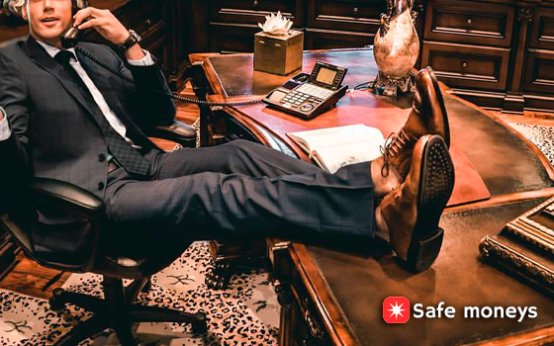Interviews are high-stakes moments that require more than just confidence. Knowing what not to do is just as important as knowing what to say. This guide reveals the most common blunders candidates make and equips you with actionable advice to shine.
Common Missteps That Undermine Interviews
Showing Up Unprepared
Assuming you can “wing it” is a risky move. Interviewers expect candidates to understand the company’s background and demonstrate interest in the role. Failing to research key details can make your answers sound generic and unfocused.
Wearing the Wrong Outfit
First impressions matter. Dressing too casually or ignoring company culture shows a lack of attention to detail. Always aim to look slightly more polished than expected—it signals professionalism and respect.
Fumbling Your Own Resume
If you struggle to explain your past experience, you risk losing credibility. Know your resume inside out and be ready to tell compelling stories about your accomplishments and skills.
Forgetting to Ask Questions
When you don’t ask questions, it can appear as though you’re not genuinely interested in the position. Prepare thoughtful queries about the role, team structure, or company growth—it shows initiative and curiosity.
Interrupting or Talking Too Much
Dominating the conversation or cutting off your interviewer can seem disrespectful. Practice active listening and aim for a balanced exchange that demonstrates humility and communication skills.
Proven Strategies to Stand Out
Identify and Improve Weaknesses
Self-awareness goes a long way. Get feedback from past interviews or mock sessions and address areas where you tend to falter—whether it’s nerves, rambling, or lack of structure.
Research Thoroughly
Know the company’s mission, recent news, and what the job entails. Align your answers with the organization’s values and showcase how your background fits the role.
Practice Authentic Communication
Speak clearly and with purpose. Avoid rehearsed scripts—focus on natural, sincere answers that address the questions directly.
Demonstrate Enthusiasm
Genuine excitement can be contagious. Let your passion for the industry or company show through your tone and body language.
Dress the Part
Even in remote interviews, appearance matters. Dress professionally in a way that matches or slightly elevates the company culture.Send a Thank-You Note
A brief, customized thank-you email can reinforce your interest and leave a positive final impression. Mention something specific from the conversation to show you were engaged.


 Business Credit Cards Made Easy: Your Step-by-Step Approval Guide <p class='sec-title' style='line-height: normal; font-weight: normal;font-size: 16px !important; text-align: left;margin-top: 8px;margin-bottom: 0px !important;'>Ready to take control of your business finances with a credit card? Here's how to apply confidently—and get approved faster.</p>
Business Credit Cards Made Easy: Your Step-by-Step Approval Guide <p class='sec-title' style='line-height: normal; font-weight: normal;font-size: 16px !important; text-align: left;margin-top: 8px;margin-bottom: 0px !important;'>Ready to take control of your business finances with a credit card? Here's how to apply confidently—and get approved faster.</p>  Future-Proof Careers: Roles Rising with Innovation and Sustainability <p class='sec-title' style='line-height: normal; font-weight: normal;font-size: 16px !important; text-align: left;margin-top: 8px;margin-bottom: 0px !important;'>The job market is undergoing radical change. Here's how to stay ahead by focusing on the careers gaining traction in tech, health, and the environment.</p>
Future-Proof Careers: Roles Rising with Innovation and Sustainability <p class='sec-title' style='line-height: normal; font-weight: normal;font-size: 16px !important; text-align: left;margin-top: 8px;margin-bottom: 0px !important;'>The job market is undergoing radical change. Here's how to stay ahead by focusing on the careers gaining traction in tech, health, and the environment.</p>  Self-Employed Tax Hacks: Must-Know Deductions to Keep More of Your Income <p class='sec-title' style='line-height: normal; font-weight: normal;font-size: 16px !important; text-align: left;margin-top: 8px;margin-bottom: 0px !important;'>Discover the smartest ways to save on taxes as a freelancer or business owner. Every dollar counts—don’t leave money on the table.</p>
Self-Employed Tax Hacks: Must-Know Deductions to Keep More of Your Income <p class='sec-title' style='line-height: normal; font-weight: normal;font-size: 16px !important; text-align: left;margin-top: 8px;margin-bottom: 0px !important;'>Discover the smartest ways to save on taxes as a freelancer or business owner. Every dollar counts—don’t leave money on the table.</p>